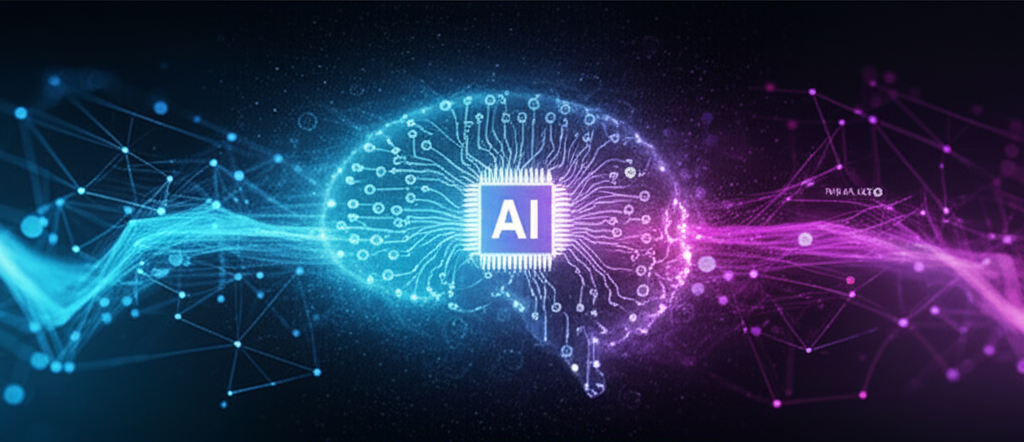The customer support landscape is undergoing a seismic shift. In the past decade, we've seen a steady evolution from call centers to chatbots—but now, we're entering the age of autonomous AI agents. These are not just glorified scripts or reactive bots. They're intelligent, proactive, and in some cases, outperform human teams in speed, consistency, and availability. But the rise of AI agents brings an inevitable question to the forefront: Will they replace human customer support teams—or empower them?
From Tickets to Tasks: A Brief Evolution
Customer support has always aimed to solve problems at scale while preserving empathy and human touch. First came ticketing systems like Zendesk, Freshdesk, and ServiceNow, which helped organize and prioritize customer queries. Then came live chat widgets, often manned by human reps but augmented by scripts.
As machine learning advanced, we saw the birth of the first wave of AI in customer service: keyword-based chatbots and virtual assistants. But these early tools were brittle, limited to specific workflows and often led to customer frustration.
That's where modern AI agents are changing the game.
Enter the AI Agents
AI agents like those from AgentForce, ServiceNow's Virtual Agent, and Zendesk AI don't just follow scripts—they learn. They integrate with internal systems, understand context, and can handle multi-turn conversations across multiple channels (email, SMS, chat, and voice). These agents use large language models, vector memory retrieval, and task chaining to deliver support that is:
- Always available (24/7, globally)
- Context-aware (they remember past interactions)
- Integrated (they pull from CRM, knowledge bases, and ticket histories)
- Autonomous (they can take actions, not just provide information)
For example, AgentForce allows companies to deploy ready-to-go agents trained on company documents and processes. These agents can onboard themselves, run diagnostics, and even escalate to a human only when necessary.
Human Teams Aren't Obsolete—They're Being Repositioned
Despite the buzz around AI replacing humans, the most effective companies are using AI agents to augment human support, not eliminate it. The benefits of this hybrid approach include:
- Human oversight for edge cases: Agents can handle 80–90% of repetitive tasks. The rest—emotionally sensitive or high-complexity issues—are still best served by humans.
- Faster onboarding: AI agents can train new reps by offering real-time suggestions during support sessions.
- Scalable personalization: AI can craft personalized responses at scale, while human agents build relationships and trust.
New Skills, New Roles
As agents take on routine tasks, support teams are evolving. Roles like AI Support Manager, Agent Training Specialist, and Workflow Architect are emerging. These professionals focus on supervising, fine-tuning, and expanding AI capabilities.
The shift is also cultural. Support teams are becoming centers of product insight, feeding back what customers are really asking—and where automation may fall short.
Challenges and Considerations
While the promise is huge, there are challenges:
- Trust and transparency: Customers want to know when they're speaking to an AI and why.
- Bias and hallucination: LLMs can sometimes generate incorrect or misleading answers. Guardrails are essential.
- Data integration: For agents to be truly helpful, they need access to real-time and accurate internal data.
- Ethics and privacy: Companies must ensure data used by agents is handled securely and complies with regulations like GDPR and CCPA.
The Road Ahead
AI agents will continue to evolve—from reactive to predictive, from transactional to conversational, from helpful to indispensable. Companies like ServiceNow are already positioning their agents as digital coworkers. Zendesk's Advanced AI suite promises proactive support based on intent detection and sentiment analysis. AgentForce goes even further, envisioning a future where support agents can autonomously surface new customer segments and even offer upsells.
The real future lies not in choosing between humans and AI—but in crafting ecosystems where both thrive.
Final Thought
The question isn't whether AI agents will be part of your support stack—it's how soon you'll adopt them and how well you'll integrate them into your workflows. Companies that strike the right balance between automation and human connection will define the next era of customer experience.


